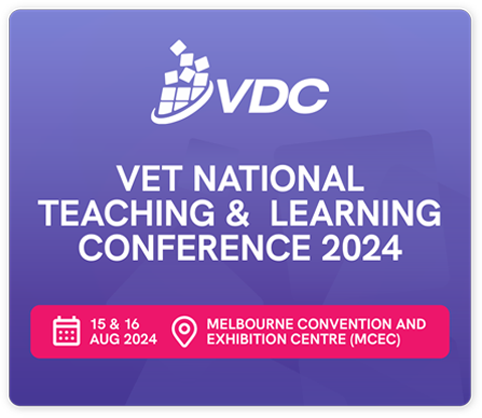The Department of Education, Skills and Employment (DESE) has just released the first feedback from its consultation process on skills reform.
This first set of information is focused on better industry engagement with VET and qualifications reform.
Better industry engagement
The first of their ‘What we have heard” articles “highlights stakeholder responses to their discussion paper on industry engagement qualifications, and stakeholder views from consultations held between November 2020 and April 2021.” You can read the article here.
The highlights for us included a focus on training package development and approval processes. The consultations found that they needed to be more responsive to industry needs both in terms of content and speed to market. Likewise, “training package approval could be streamlined and improved to ensure training products are fit-for-purpose.” On balance stakeholders supported “an independent approval mechanism to assess training packages.”
The article highlighted a couple of other issues too: seeing a broader role for industry beyond training package development and looking to improve both representation by a wider variety of industry segments (e.g. smaller and medium sized businesses, niche industries and stakeholders based outside of metropolitan areas.) and improved collaboration across industry groups. This would take the form of “more cross-sector collaboration, with many identifying links between skills requirements and training packages for different industries” and an expansion in “transferrable skill sets and career pathways for VET graduates and maximise the workforce available to employers.” There would also be an opportunity for streamlining between industries.
Reforming qualifications
The second article summarises “stakeholder views on the design, development, and delivery of national training products from the recent Qualifications Design Survey, which ran from December 2020 to February 2021.” You can read that article here.
Trials are being conducted to develop new concepts in qualification design in the mining, human services and digital skills areas. These trials have a number of design objectives, which are outlined in the paper and include a reduction in training product complexity and duplication, greater flexibility, improved pathways and enhanced responsiveness to changing needs through the use of micro credentials and short courses. These design objectives were supported by the consultations as well.
The wide-ranging consultations DESE undertook also revealed strong support for:
“Qualifications based on appropriately grouped occupation and skills clusters to deliver broader vocational outcomes for students. This includes supporting stronger recognition of cross-sectoral and transferable skills.”
Consultations also suggested a need to reduce “the level of prescriptive conditions in current qualifications and make better use of industry and educationalist expertise.”
The related survey suggested the need to embed digital literacy in training, provide more foundation skills support services, develop nationally consistent training materials, a move towards blended delivery and standardising final assessments.
Other things the consultations are looking at
We first focused on this consultation process back in February this year. That article pointed to the four surveys they were conducting and the discussion and issues papers they released at that time. The discussion paper related to industry engagement and qualifications (the subject of the two ‘What we have heard’ articles summarised above).
The issues paper looked at VET workforce stuff, so we are eagerly awaiting the Commonwealth’s feedback about what they have found as it will contribute to a proposed VET workforce quality strategy. Another of the surveys was looking at RTO quality issues, so that’s of interest too.
At present DESE “want to hear your stories about effective collaboration between stakeholders in the VET sector and innovative practices which contribute to high-quality training delivery.” Sharing your story will help them “to understand how good collaboration and innovation helps to achieve better outcomes for learners, employers and Australian workplaces.” You can complete a Good Practice Story Submission Form by going here.
Finding out more
You can visit the Skills Reform website here, and subscribe to receive information as the consultations unfold as well.








